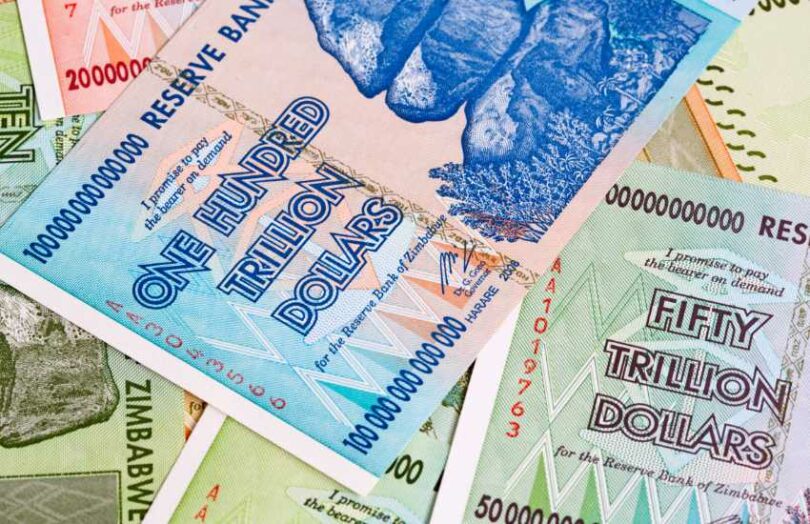
Zimbabwe’s central bank has devalued its gold-backed currency, the Zimbabwe Gold (Zig), by more than 40% against the US dollar, signaling trouble for the country’s efforts to stabilize its economy.
The Reserve Bank of Zimbabwe (RBZ) announced on Friday that the exchange rate was cut to 24 Zig per $1 USD (£0.75), citing growing demand for the US dollar, which is also legal tender in the country. This move follows warnings from major retailers about potential store closures if the rate remained fixed at previous levels.
Launched over six months ago, the Zig is Zimbabwe’s sixth currency in 25 years. While the currency had maintained its value on paper, it has lost over half its worth on the black market, where businesses primarily acquire US dollars.
The RBZ’s Monetary Policy Committee explained that the devaluation was aimed at providing greater exchange rate flexibility. The bank said the move would address “emerging exchange rate risks, anchor inflation expectations, and stabilize prices in the short term.”
Despite efforts to promote the Zig, the government has struggled to reduce reliance on the US dollar, as Zimbabweans remain skeptical of the central bank due to past experiences. In 2008, hyperinflation led the RBZ to print 10 trillion Zimbabwe dollar notes, severely undermining public trust.
The devaluation of the Zig raises further concerns about Zimbabwe’s ability to stabilize its currency and economy amid ongoing volatility.





